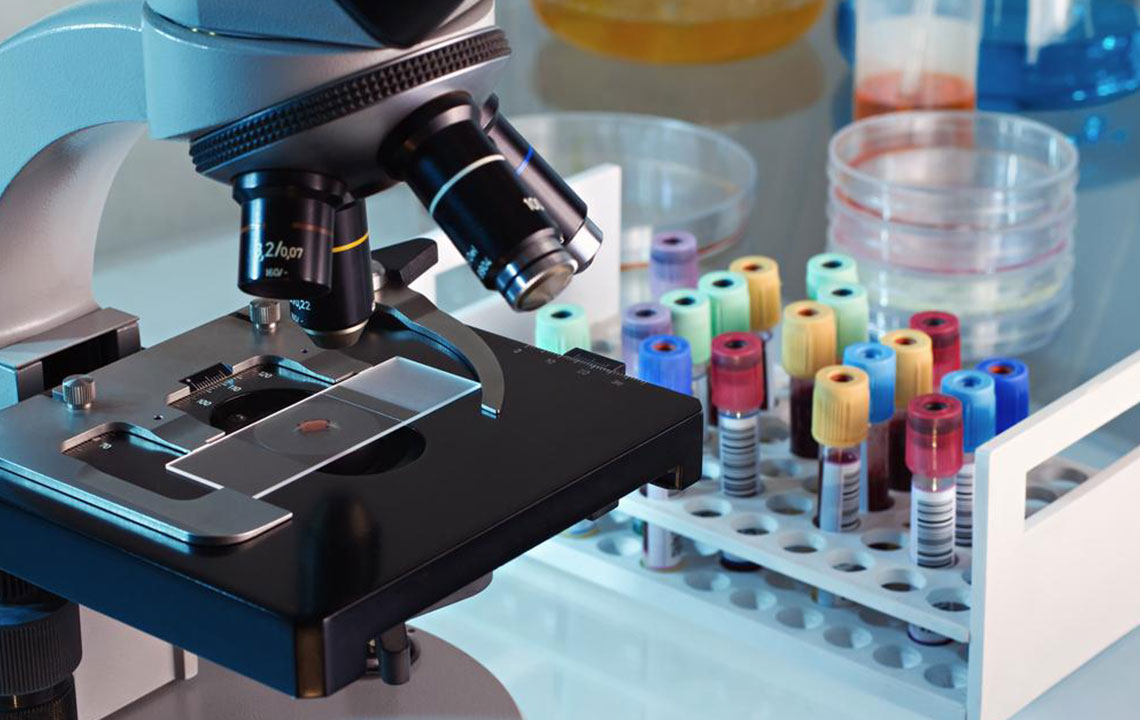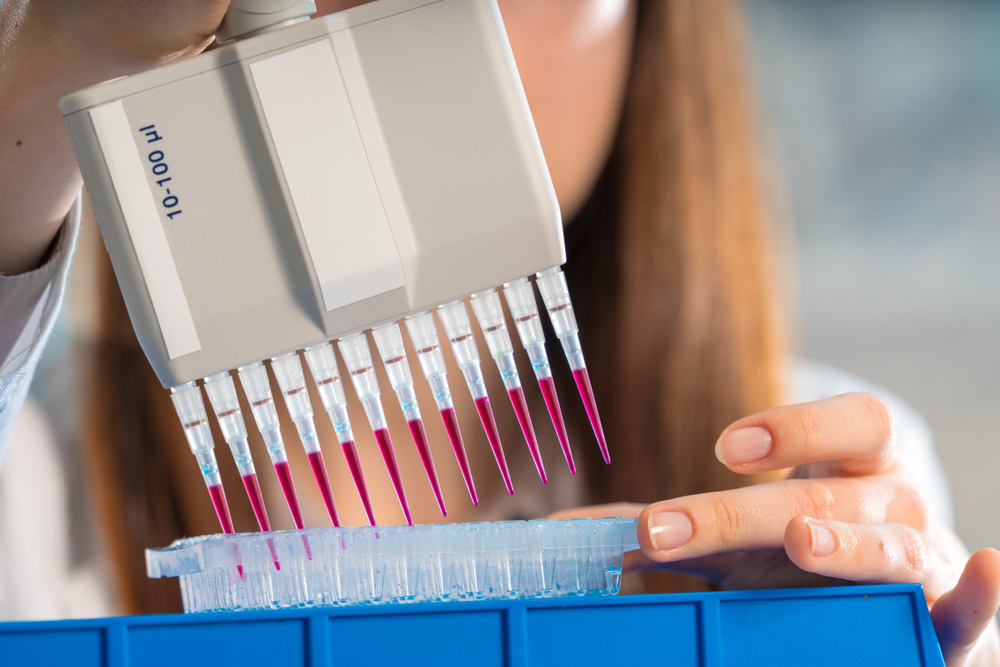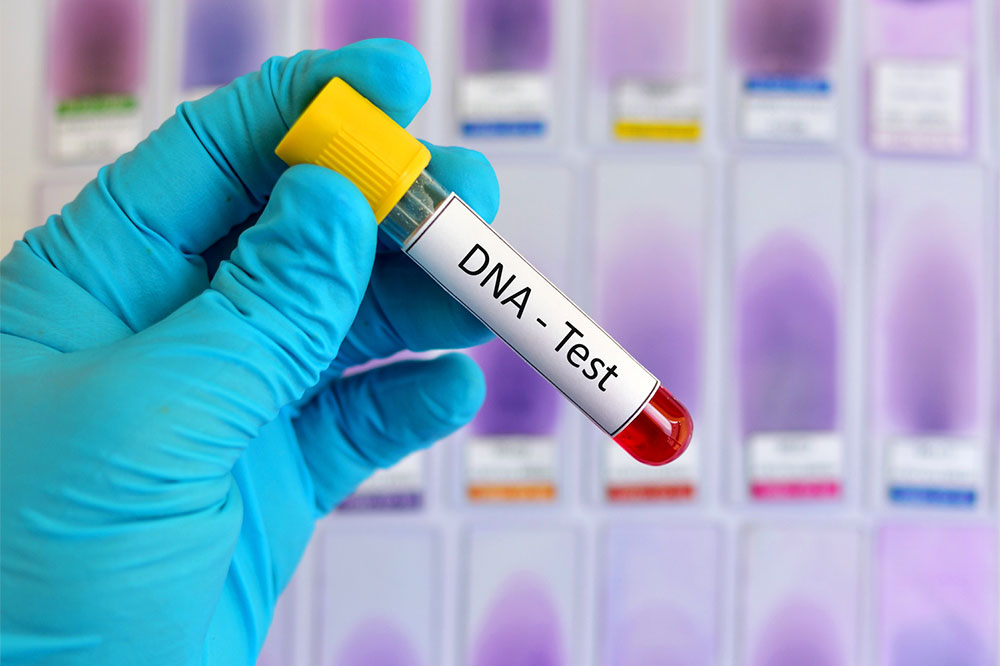Essential Insights Before Choosing a Home DNA Test Kit
Discover essential facts before using a home DNA testing kit. Learn about ease of use, genetic analysis methods, accuracy levels, and what to consider when selecting a kit. This guide helps you make informed decisions about personal genetic testing at home, emphasizing reliability and understanding of limitations for the best experience.
Sponsored

Key Points to Consider Before Using a Home DNA Testing Kit
With the increasing popularity of personal DNA testing, many are opting for at-home kits over traditional hospital or clinic testing. These kits are affordable, convenient, and can be used privately at home, making them an attractive choice. While laboratory tests at clinics often involve advanced technologies and higher costs, home testing kits provide a cost-effective alternative. However, it's important to understand how they work to ensure reliable results before purchasing and using them.
Easy to Use - Using a home DNA kit is straightforward. You only need to provide a small saliva sample or a cheek swab, which is then sent to the lab in a sealed container. Many brands, including Family Tree DNA, AncestryDNA, and 23andMe, offer kits priced from $69 to $199, depending on the type of analysis.
Testing for Genetic Variations - Labs analyze specific spots in your DNA called SNPs (single nucleotide polymorphisms). These are variations in the sequence of four chemical bases—A, T, C, and G—that form your genetic code. Differences in SNPs can influence traits like eye color or susceptibility to certain conditions. The labs focus on these variations to provide insights into your genetic makeup.
Accuracy and Limitations - Most reputable companies use methods that achieve about 99.99% accuracy. Nonetheless, the depth of analysis varies; some kits test only for basic traits, while others provide comprehensive genetic data. Be wary of cheap kits claiming to reveal lifestyle or health advice, as they often lack scientific validation. More detailed tests involving whole-genome sequencing are generally unnecessary for routine purposes and may increase false positives.
Overall, affordable home DNA testing kits are useful and safe if you choose a reputable brand. Conduct thorough research and avoid overly ambitious claims to ensure you receive accurate and meaningful results.






